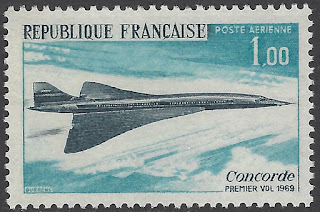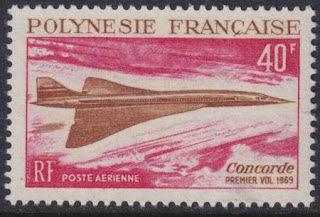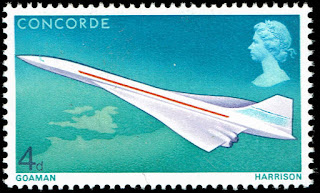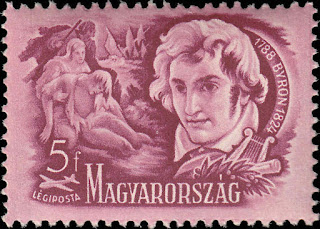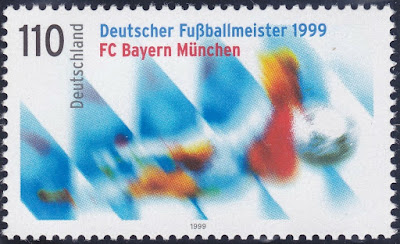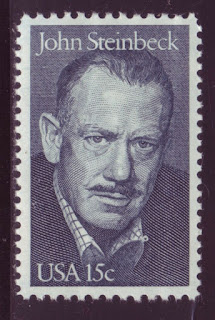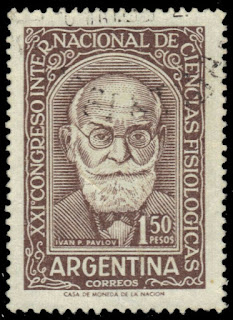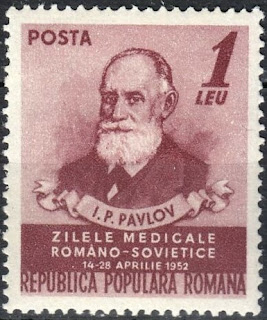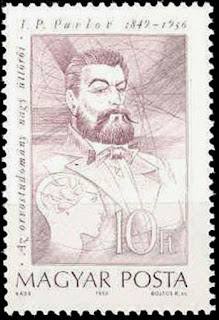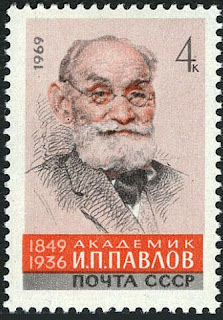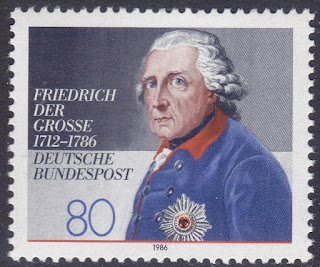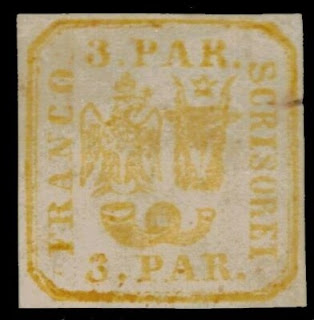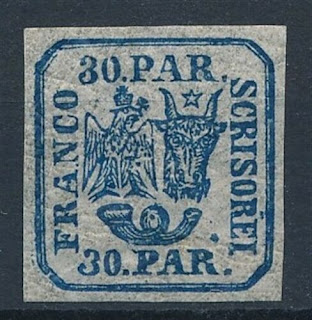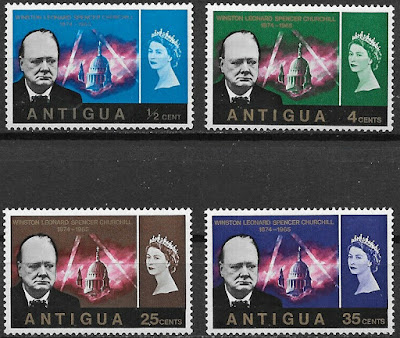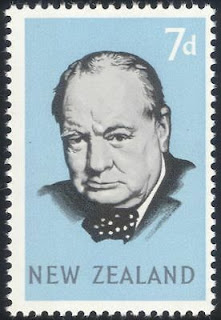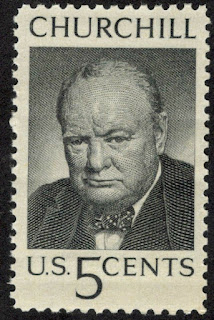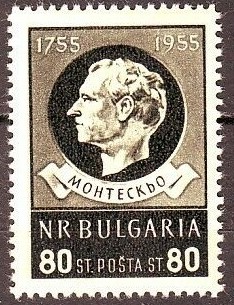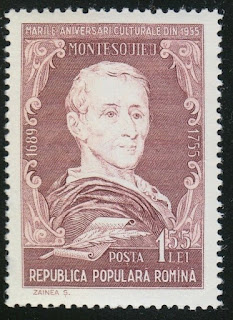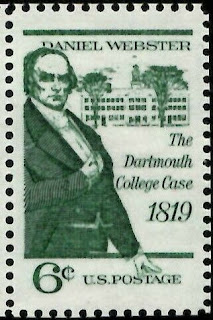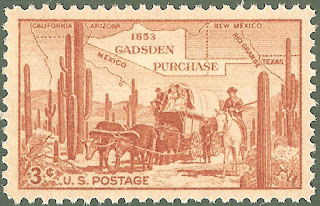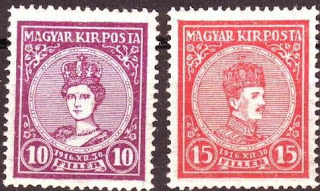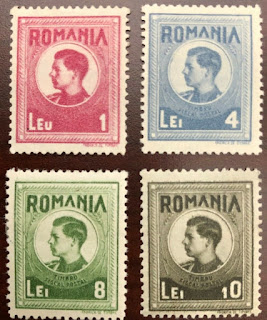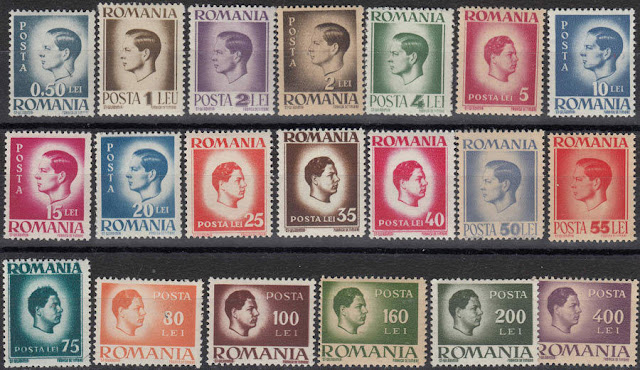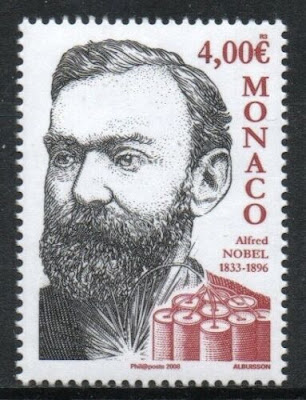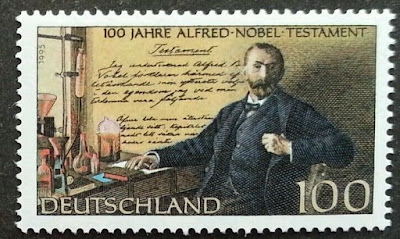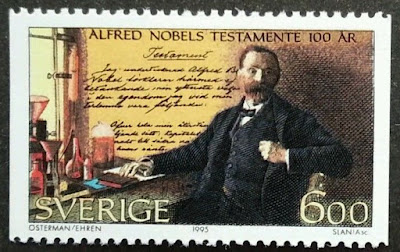Here are some events that happened on November 26th. It could be an event or a person that died or was born on that day
1476 – Vlad the Impaler defeats Basarab Laiota with the help of Stephen the Great and Stephen V Báthory and becomes the ruler of Wallachia for the third time.
Vlad III, known as Vlad the Impaler (Romanian: Vlad Țepeș or Vlad Dracula; 1428/31 – 1476/77), was Voivode of Wallachia three times between 1448 and his death. He is often considered one of the most important rulers in Wallachian history and a national hero of Romania.
He was the second son of Vlad Dracul, who became the ruler of Wallachia in 1436. Vlad and his younger brother, Radu, were held as hostages in the Ottoman Empire in 1442 to secure their father's loyalty. Vlad's father and eldest brother, Mircea, were murdered after John Hunyadi, regent-governor of Hungary, invaded Wallachia in 1447. Hunyadi installed Vlad's second cousin, Vladislav II, as the new voivode. Hunyadi launched a military campaign against the Ottomans in the autumn of 1448, and Vladislav accompanied him. Vlad broke into Wallachia with Ottoman support in October, but Vladislav returned and Vlad sought refuge in the Ottoman Empire before the end of the year. Vlad went to Moldavia in 1449 or 1450, and later to Hungary.
Relations between Hungary and Vladislav later deteriorated, and in 1456 Vlad invaded Wallachia with Hungarian support. Vladislav died fighting against him. Vlad began a purge among the Wallachian boyars to strengthen his position. He came into conflict with the Transylvanian Saxons, who supported his opponents, Dan and Basarab Laiotă (who were Vladislav's brothers), and Vlad's illegitimate half-brother, Vlad the Monk. Vlad plundered the Saxon villages, taking the captured people to Wallachia where he had them impaled (which inspired his cognomen). Peace was restored in 1460.
The Ottoman Sultan, Mehmed II, ordered Vlad to pay homage to him personally, but Vlad had the Sultan's two envoys captured and impaled. In February 1462, he attacked Ottoman territory, massacring tens of thousands of Turks and Bulgarians. Mehmed launched a campaign against Wallachia to replace Vlad with Vlad's younger brother, Radu. Vlad attempted to capture the sultan at Târgoviște during the night of 16–17 June 1462. The sultan and the main Ottoman army left Wallachia, but more and more Wallachians deserted to Radu. Vlad went to Transylvania to seek assistance from Matthias Corvinus, King of Hungary, in late 1462, but Corvinus had him imprisoned.
Vlad was held in captivity in Visegrád from 1463 to 1475. During this period, anecdotes about his cruelty started to spread in Germany and Italy. He was released at the request of Stephen III of Moldavia in the summer of 1475. He fought in Corvinus's army against the Ottomans in Bosnia in early 1476. Hungarian and Moldavian troops helped him to force Basarab Laiotă (who had dethroned Vlad's brother, Radu) to flee from Wallachia in November. Basarab returned with Ottoman support before the end of the year. Vlad was killed in battle before 10 January 1477. Books describing Vlad's cruel acts were among the first bestsellers in the German-speaking territories. In Russia, popular stories suggested that Vlad was able to strengthen central government only through applying brutal punishments, and a similar view was adopted by most Romanian historians in the 19th century. Vlad's reputation for cruelty and his patronymic inspired the name of the vampire Count Dracula.
Romanian stamps depicting Vlad the Impaler
1789 – A national Thanksgiving Day is observed in the United States as proclaimed by President George Washington at the request of Congress.
1863 – United States President Abraham Lincoln proclaims November 26 as a national Thanksgiving Day, to be celebrated annually on the final Thursday of November. Following the Franksgiving controversy from 1939 to 1941, it has been observed on the fourth Thursday in 1942 and subsequent years.
Thanksgiving is a federal holiday in the United States, celebrated on the fourth Thursday of November. It is sometimes called American Thanksgiving (outside the United States) to distinguish it from the Canadian holiday of the same name. It originated as a harvest festival, and to this day the centerpiece of Thanksgiving celebrations remains Thanksgiving dinner. The dinner traditionally consists of foods and dishes indigenous to the Americas, namely turkey, potatoes (usually mashed), stuffing, squash, corn (maize), green beans, cranberries (typically in sauce form), and pumpkin pie. Thanksgiving is regarded as being the beginning of the fall–winter holiday season, along with Christmas and the New Year, in American culture.
The event that Americans commonly call the "First Thanksgiving" was celebrated by the Pilgrims after their first harvest in the New World in October 1621. This feast lasted three days, and—as recounted by attendee Edward Winslow—was attended by 90 Native Americans and 53 Pilgrims. The New England colonists were accustomed to regularly celebrating "thanksgivings," days of prayer thanking God for blessings such as military victory or the end of a drought. Thanksgiving has been celebrated nationally on and off since 1789, with a proclamation by President George Washington after a request by Congress. President Thomas Jefferson chose not to observe the holiday, and its celebration was intermittent until President Abraham Lincoln, in 1863, proclaimed a national day of "Thanksgiving and Praise to our beneficent Father who dwelleth in the Heavens", to be celebrated on the last Thursday in November. On June 28, 1870, President Ulysses S. Grant signed into law the Holidays Act that made Thanksgiving a yearly appointed federal holiday in Washington D.C. On January 6, 1885, an act by Congress made Thanksgiving, and other federal holidays, a paid holiday for all federal workers throughout the United States. Under President Franklin D. Roosevelt, the date was changed between 1939 and 1941 amid significant controversy. From 1942 onwards, Thanksgiving, by an act of Congress, signed into law by FDR, received a permanent observation date, the fourth Thursday in November, no longer at the discretion of the President.
US Stamps depicting Macy's Thanksgiving Day New York City Parade
1981 Died: Max Euwe, Dutch chess player, mathematician, and author (b. 1901)
Machgielis "Max" Euwe (May 20, 1901 – November 26, 1981) was a Dutch chess player, mathematician, author, and chess administrator. He was the fifth player to become World Chess Champion, a title he held from 1935 until 1937. Euwe served as President of FIDE, the World Chess Federation, from 1970 to 1978.
In 1933, Max Euwe challenged Alekhine to a championship match. Alekhine accepted the challenge for October 1935. Earlier that year, Dutch radio sports journalist Han Hollander asked Capablanca for his views on the forthcoming match. In the rare archival film footage where Capablanca and Euwe both speak, Capablanca replies: "Dr. Alekhine's game is 20% bluff. Dr. Euwe's game is clear and straightforward. Dr. Euwe's game—not so strong as Alekhine's in some respects—is more evenly balanced." Then Euwe gives his assessment in Dutch, explaining that his feelings alternated from optimism to pessimism, but in the previous ten years, their score had been evenly matched at 7–7.
On December 15, 1935, after 30 games played in 13 different cities around the Netherlands over a period of 80 days, Euwe defeated Alekhine by 15½–14½, becoming the fifth World Chess Champion. Alekhine quickly went three games ahead, but from game 13 onwards Euwe won twice as many games as Alekhine. His title gave a huge boost to chess in the Netherlands. This was also the first world championship match in which the players had seconds to help them with analysis during adjournments.
Euwe's win was regarded as a major upset – he reportedly had believed that beating Alekhine was unlikely – and is sometimes attributed to Alekhine's alcoholism. But Salo Flohr, who was helping Euwe during the match, thought over-confidence was more of a problem than alcohol for Alekhine in this match, and Alekhine himself said he would win easily. Former World Champions Vasily Smyslov, Boris Spassky, Anatoly Karpov, and Garry Kasparov analysed the match and concluded that Euwe deserved to win and that the standard of play was worthy of a world championship. Former World Champion Vladimir Kramnik has said that Euwe won the 1935 match on merit and that the result was not affected by Alekhine's drinking before or during the match.
Euwe's performance in the great tournament of Nottingham 1936 (equal third, half a point behind Botvinnik and Capablanca, half a point ahead of Alekhine) indicated he was a worthy champion, even if he was not as dominant as the earlier champions. Reuben Fine wrote, "In the two years before the return match, Euwe's strength increased. Although he never enjoyed the supremacy over his rivals that his predecessors had, he had no superiors in this period."
Euwe lost the title to Alekhine in a rematch in 1937, also played in the Netherlands, by the lopsided margin of 15½–9½. Alekhine had given up alcohol and tobacco to prepare for the rematch, although he would start drinking again later. Alekhine got back to the sort of form he had shown from 1927–34, when he dominated chess. The match was a real contest initially, but Euwe's play collapsed near the end, and he lost four of the last five games. Fine, who was Euwe's second in this match, attributed the collapse to nervous tension, possibly aggravated by Euwe's attempts to maintain a calm appearance.
The two world title matches against Alekhine represent the heart of Euwe's career. Altogether, the two played 86 competitive games, and Alekhine had a +28−20=38 lead, according to chessgames.com. Many of Alekhine's wins came early in their series; he was nine years older, and had more experience during that time. The rematch was also one-sided in Alekhine's favour.
Dutch stamps commemorating Max Euwe
2003 – The Concorde makes its final flight, over Bristol, England.
The Aérospatiale/BAC Concorde is a British–French turbojet-powered supersonic passenger airliner that was operated until 2003. It had a maximum speed over twice the speed of sound, at Mach 2.04 (1,354 mph or 2,180 km/h at cruise altitude), with seating for 92 to 128 passengers. First flown in 1969, Concorde entered service in 1976 and continued flying for the next 27 years. It is one of only two supersonic transports to have been operated commercially; the other is the Soviet-built Tupolev Tu-144, which operated in the late 1970s.
Concorde was jointly developed and manufactured by Sud Aviation (later Aérospatiale) and the British Aircraft Corporation (BAC) under an Anglo-French treaty. Twenty aircraft were built, including six prototypes and development aircraft. Air France (AF) and British Airways (BA) were the only airlines to purchase and fly Concorde. The aircraft was used mainly by wealthy passengers who could afford to pay a high price in exchange for the aircraft's speed and luxury service. For example, in 1997, the round-trip ticket price from New York to London was $7,995 ($12.7 thousand in 2019 dollars), more than 30 times the cost of the cheapest option to fly this route.
The original programme cost estimate of £70 million met huge overruns and delays, with the program eventually costing £1.3 billion. It was this extreme cost that became the main factor in the production run being much smaller than anticipated. Later, another factor, which affected the viability of all supersonic transport programmes, was that supersonic flight could only be used on ocean-crossing routes, to prevent sonic boom disturbance over populated areas. With only seven airframes each being operated by the British and French, the per-unit cost was impossible to recoup, so the French and British governments absorbed the development costs. British Airways and Air France were able to operate Concorde at a profit, in spite of very high maintenance costs, because the aircraft was able to sustain a high ticket price.
Among other destinations, Concorde flew regular transatlantic flights from London's Heathrow Airport and Paris's Charles de Gaulle Airport to John F. Kennedy International Airport in New York, Washington Dulles International Airport in Virginia and Grantley Adams International Airport in Barbados; it flew these routes in less than half the time of other airliners.
Concorde won the 2006 Great British Design Quest, organised by the BBC and the Design Museum of London, beating other well-known designs such as the BMC Mini, the miniskirt, the Jaguar E-Type, the London Tube map and the Supermarine Spitfire. The type was retired in 2003, three years after the crash of Air France Flight 4590, in which all passengers and crew were killed. The general downturn in the commercial aviation industry after the September 11 attacks in 2001 and the end of maintenance support for Concorde by Airbus (the successor company of both Aérospatiale and BAC) also contributed to the retirement.
Stamps issued by various countries depicting the Concorde

